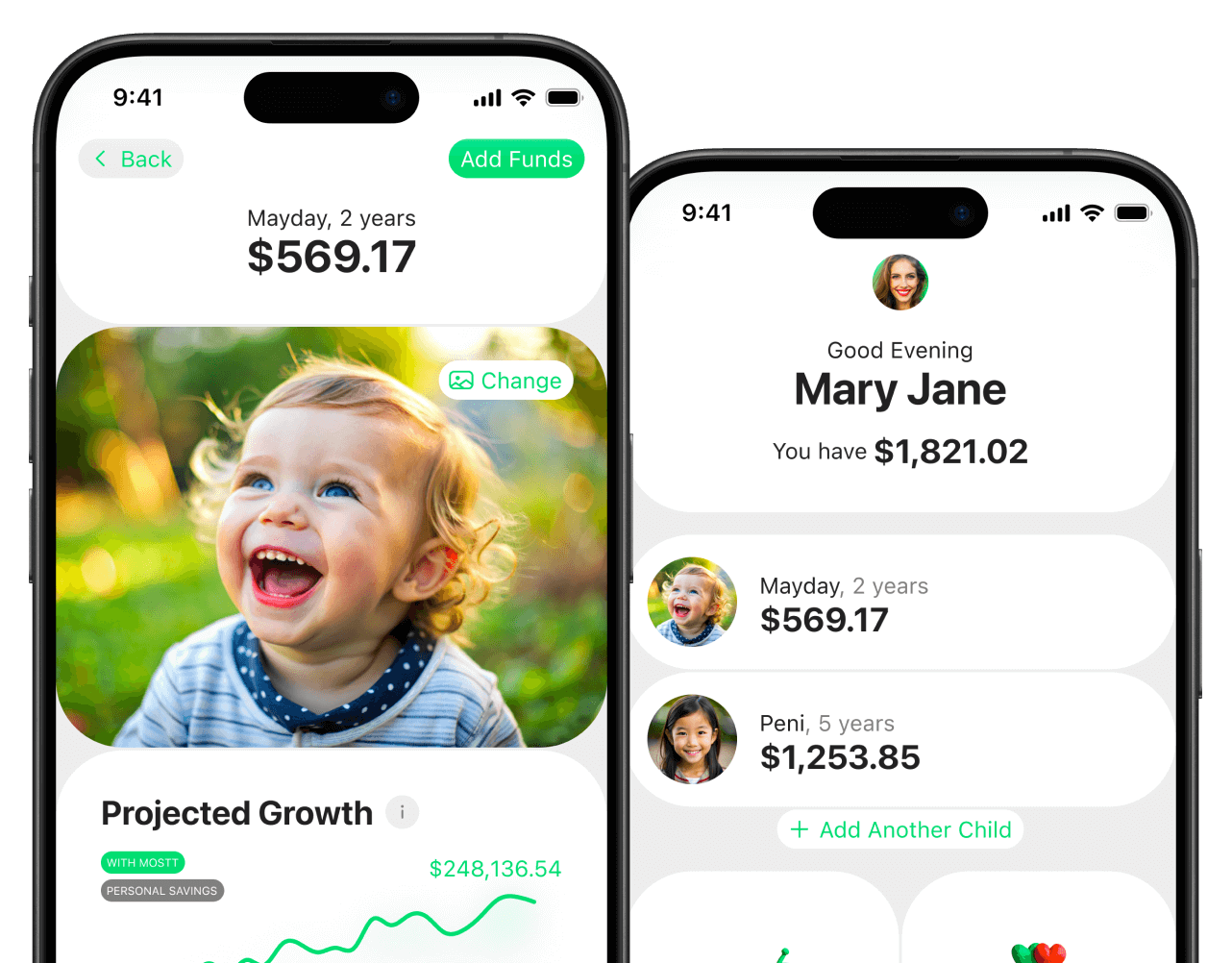It’s Not the End—Here’s How You Get Back on Track
You checked your inbox and felt your stomach drop.
“Payment Overdue.”
You forgot to pay your credit card bill. Or maybe you didn’t forget—you just didn’t have the funds that week. Now you’re worried: Have I wrecked my credit? Will I owe more now? Is this going to spiral?
Before you panic, take a deep breath.
One missed credit card payment doesn’t define your financial future. But how you respond to it just might.
Whether you’re juggling a busy household, managing an unpredictable paycheck, or simply lost track of the due date—this is your roadmap for how to recover from a late credit card payment and protect your credit score.
Why Missing a Credit Card Payment Matters
Missing a credit card payment has real consequences, but not all missed payments are created equal.
If You’re Less Than 30 Days Late:
-
You’ll likely be charged a late fee (usually around $25–$40).
-
Your interest rate may increase, especially if you’re on a variable APR.
-
But here’s the silver lining: Late payments under 30 days are typically not reported to credit bureaus (Source: Experian).
If You’re Over 30 Days Late:
-
Your credit card issuer may report the missed payment to all three major credit bureaus—Experian, Equifax, and TransUnion.
-
This can drop your credit score by 60 to 100 points depending on your credit profile.
-
Late payments can remain on your credit report for up to 7 years
But here’s the key takeaway: It’s not too late to fix it. Most of the damage can be minimized—or even prevented—if you act fast.
Step 1: Pay What You Can Right Now
The best way to recover from a missed credit card payment is to make a payment as soon as possible. Even if you can’t pay the full balance, paying at least the minimum due helps stop further damage.
Partial payment:
-
Reduces fees
-
Shows effort and goodwill
-
May stop additional interest from accumulating rapidly
If you’re within that critical 30-day window, paying now might mean your credit score remains untouched.
Why It Matters:
According to FICO, payment history accounts for 35% of your credit score. That makes catching up quickly your top priority.
Step 2: Call the Credit Card Company and Ask for Forgiveness
This step could save you real money—and stress.
Most card issuers have policies in place for accidental first-time late payments, especially if you have a strong payment history. You can ask them to:
-
Waive the late fee
-
Reverse penalty interest charges
-
Hold off on reporting the late payment to the credit bureaus if it hasn’t happened yet
Script to Try:
“Hi, I recently missed a payment by mistake and I’ve already submitted a payment. I’ve been a long-time customer with a good record. Would you be able to waive the late fee and make sure this isn’t reported to the credit bureaus?”
If you’re nervous, don’t be. According to a Consumer Financial Protection Bureau report, many issuers are open to removing late fees after a simple phone call.
Step 3: Check Your Credit Report for Damage
If your payment was over 30 days late, it may show up on your credit report. Here’s how to check:
-
Go to AnnualCreditReport.com, the only federally authorized source for free credit reports.
-
Request reports from Equifax, Experian, and TransUnion.
-
Look for:
-
30/60/90-day late payment notations
-
Incorrect dates or balances
-
Duplicate or inaccurate reporting
-
Found a mistake?
Dispute it online. Each credit bureau offers a portal for correcting errors:
Errors can be removed within 30 days if they can’t be verified.
Step 4: Prevent Future Missed Payments with Automation
Missing a payment once is human. Missing them repeatedly becomes costly.
The best solution? Automate.
Two Smart Options:
-
Set up auto-pay:
Most credit card companies let you schedule automatic payments for the minimum amount due. It’s a safety net—even if you forget, the minimum gets paid.
-
Use reminders and alerts:
Budgeting apps like:
…can send bill due alerts and give you an overview of your spending in real-time. If you’re managing a household, apps like these keep you from getting blindsided.
Step 5: Rebuild Your Credit Score If It Took a Hit
If your missed payment affected your score, don’t lose hope. Credit scores can bounce back faster than you think with consistent, healthy financial habits.
Here’s what to do next:
-
Pay everything on time. Payment history is the #1 factor in your score.
-
Lower your credit utilization. Keep balances under 30% of your available credit. Learn more via Investopedia.
-
Don’t close old accounts. Age of credit history helps your score.
-
Limit new credit applications. Too many new inquiries can hurt.
-
Use Experian Boost to add utility and telecom payments to your credit report. It’s free and can raise your score instantly. Learn how.
How long will it take to recover?
According to Credit.com, a single 30-day late payment may affect your score for a few months to a year—but strong positive behavior can start improving your score within just 3–6 months.
Bonus: Build a Safety Net So It Doesn’t Happen Again
The best way to protect yourself from another missed payment is to build a buffer—financial and emotional.
Start with an Emergency Fund
Even saving $25 to $50 per month helps. Over time, this can cover unexpected costs and give you margin when the budget is tight.
Check out this Mostt guide for starting your emergency fund.
Try Zero-Based Budgeting
In this method, every dollar gets a job—from groceries to savings. It creates clarity and control.
Read our full guide:
➡️ Zero-Based Budgeting: A Step-by-Step Guide for Families
What to Tell Your Kids When They See You Stressed
If your child asks why you’re anxious over a missed payment, consider it a moment to teach—not hide.
Say something like:
“Sometimes we make money mistakes, but we always try to fix them. What matters is being honest, staying calm, and having a plan.”
You’re not just recovering your finances—you’re modeling financial resilience.
Final Thought: You’re Not Defined by One Mistake
You’re not a failure because you missed a credit card payment.
You’re a parent. A provider. A person doing your best. And now you’re taking steps to make it right.
That’s what financial confidence looks like—not perfection, but progress.




